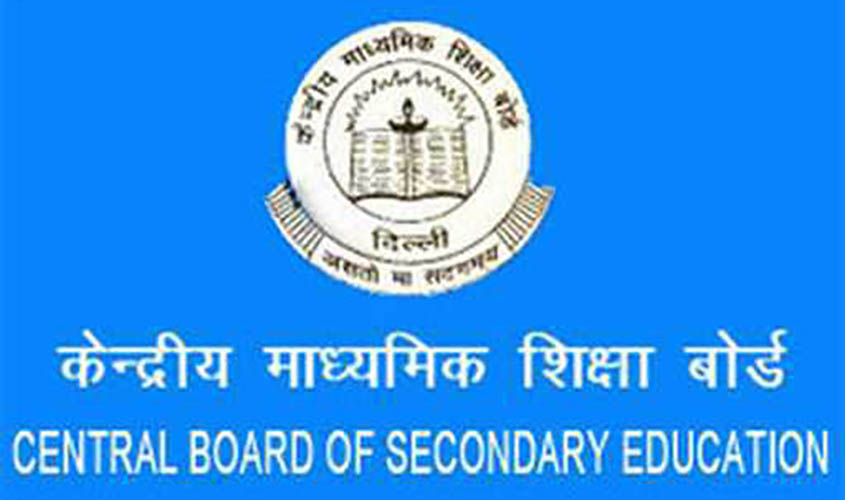The Central Board of Secondary Education (CBSE) is no better or no worse than other wings of government in a country whose bureaucracy has on several occasions been found to be the worst in performance among major democracies. However, from Jawaharlal Nehru and Sardar Patel onwards, the political masters of India have treated the bureaucracy with care and deference. Even if a senior official placed in charge of a public sector unit adds substantially to the losses being made by it, such a minor matter is not allowed to stand in the way of his or her promotion. Someday, when the Right to Information Act gets freed of the stranglehold of retired and serving bureaucrats, it may become possible to uncover the Confidential Reports of officials and match them against the numeric record of the extent of their success or failure in running enterprises.
What is hardly a secret is that almost all such reports are in the territory of the superlative, with a mere “Good” counting as a damning indictment amidst a sea of “Excellents”. Small wonder that practically every IAS officer reaches the top of his or her salary scale, after retirement to enjoy the benefits of One Rank (the highest, naturally) One Pension, besides numerous other benefits, including the fact that the relatives of top officials seem to be rather more lucky than the rest in getting selected for cushy jobs in the private sector. In a world that is becoming more complex and less like British India by the month, almost every aspect of the functioning of government is under the control of members of the higher administrative services
Given the reality of corruption that is pervasive, it is difficult to believe that the leakage of question papers during the CBSE examinations is an isolated incident. The odds are that this is a routine occurrence, and that it is occurring in fields other than the few that were exposed by an anonymous whistle-blower, who outed questions in two disciplines through social media, to initial paralysis of will on the part of the educational authorities, several of whom would doubtless be part of the mafias using their reach into the examination system to get hold of the questions in advance.
During the British raj, the negative effect of any official policy on the lives of the people of India was hardly a matter of concern, and it is clear that the same strand of indifference to human suffering is motivating decision making in the bureaucracy. Else the CBSE Board would not have put hundreds of thousands of students through the pain of having to repeat an examination owing to no fault of theirs. In an effort at pretending that copying of question papers and leaking the contents is an extremely rare occurrence, the authorities are forcing students to sit once again for the examinations. Would it be impossible to believe, given the realities of life in India, that yet again the papers will not leak to a favoured few? The only difference would be that they would have to pay the bribe needed to access the questions yet again.
It was because there was a whistle blower that the leak of those questions was discovered. Otherwise the cumbersome CBSE monitoring machinery would have had zero inkling of the misconduct, just as it is unlikely to know what other malpractices are taking place, including in the examinations to be conducted. The balance of convenience in any system that cared for the people at the receiving end would have gone ahead with the examinations, while searching for the sources of the leaks and identifying those who benefited. Such miscreants could have been barred from having their examination papers evaluated, perhaps for three to five years in order to punish them sufficiently for their total lack of integrity.
Abandoning the examinations altogether and getting them repeated is the same mechanistic bureaucratic response that has made such a mix-up out of GST. During the 2014 polls, votes were not cast for anyone other than Narendra Modi, and it is time for the Prime Minister to rescue hundreds of thousands of students from the mess that they are being forced into entering by the CBSE’s insistence that the examinations be repeated.

